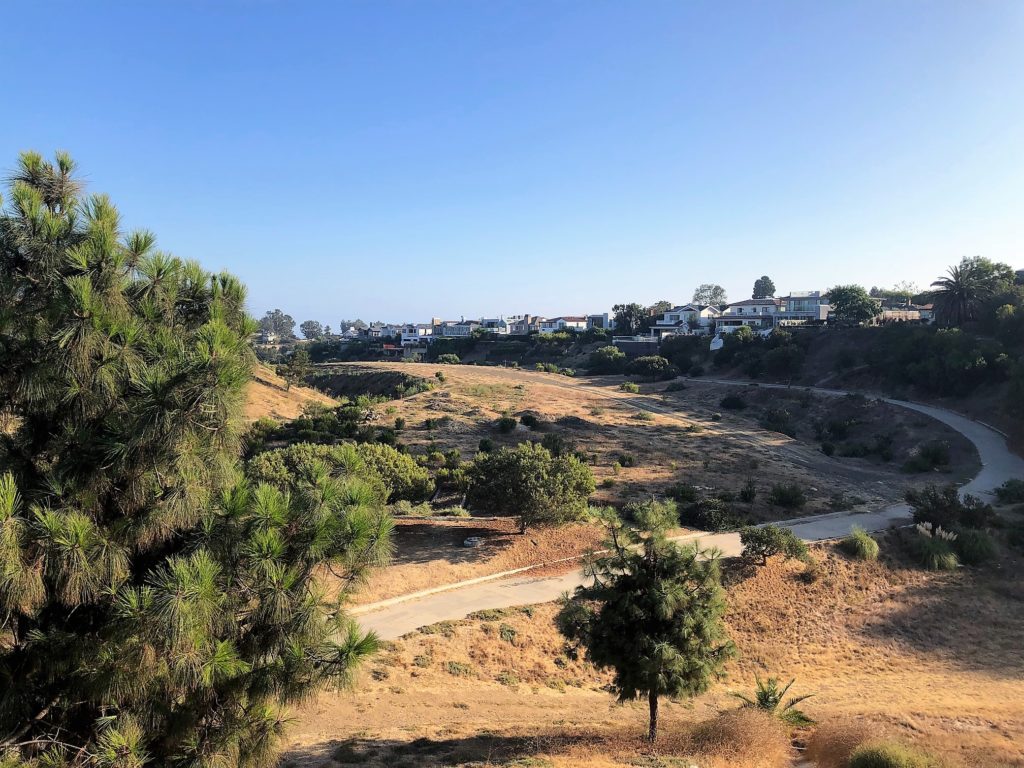For a Community Garden and Local Compost
You’ve done your bit to stop global warming by driving an electric car, using a steel straw and throwing your empty plastic water bottles into the blue bin.
Not so fast. The U.S. Environmental Protection Agency notes you are still producing greenhouse gas emissions (carbon dioxide, methane, nitrous oxide and fluorinated gases).
That left-over pasta in your refrigerator, the apple that turned brown before it was eaten, the bread crust that turned moldy – will be thrown into the garbage, and then taken to landfill, contributing methane to the environment.
Food waste emits about the same amount of greenhouse gas emissions as seven coal-fired power plants.
What’s worse for global warming – methane or carbon dioxide?
According to the United States Environmental Protection Agency, methane has 34 times greater global warming potential than carbon dioxide. (visit: epa.gov/ghgemissions/understanding-global-warming-potentials)
“While carbon dioxide is typically painted as the bad boy of greenhouse gases, methane is roughly 30 times more potent as a heat-trapping gas,” according to March 2014, Science Daily story “A More Potent Greenhous gas than carbon Dioxide Methane Emissions Will Leap as Earth Warms.”
Growing up in a poor family there was no food left over – even chicken necks, gizzards and livers were eaten. With grandparents who had farms, potato and carrot peels were thrown to the chickens and other table scraps that the dogs wouldn’t eat were given to the pigs.
Nothing went to the “dump.” My experience growing up is no longer the norm in the United States where it is estimated about 95 percent of food scraps are sent to landfills each year.
Pacific Palisades is an affluent community and food from restaurants, grocery stores and even coffee shops are routinely thrown into the trash.
Now a state law mandates that recycling organic waste must take place for commercial businesses and in multiple family units, which have more than five units. That recycling will be enforced in Pacific Palisades starting this fall.
State law SB 1383 Short-lived Climate Pollutants: Methane Emissions: Dairy and Livestock: Organic Waste: Landfills (2016) was passed: “Establishes targets to achieve a 50 percent reduction in the level of the statewide disposal of organic waste from the 2014 level by 2020 and a 75 percent reduction by 2025.
“The law establishes an additional target that not less than 20 percent of currently disposed edible food is recovered for human consumption by 2025.”
When Los Angeles launched RECYCLA, different garbage companies for each community were selected and now those companies are mandated to follow the state law and recycle organic waste.
A new bin will go to businesses and apartments/condos, with a monthly fee of $97 to $231.
Food scraps, coffee grinds, leftovers on plates, vegetables and other raw food, such as fruit or vegetables that are considered unsellable must go into that bin. There will be fines for contamination.
The food will be transported by a truck to an operation in Victorville, where food scraps are turned into soil amendments that can be used on farms—and more importantly kept out of landfill.
Co-founder and director of retail operations of Estate Coffee Jacob Spooner lived on an eight-acre farm after finishing his culinary degree. “I enrolled in an Urban Farming and Sustainable Agriculture certificate program at Edmonds Community College. We had demonstration and student farm in Woodinville Washington.”
Spooner sees this new California state law as an opportunity for Pacific Palisades.
“What if we composted in Pacific Palisades and used the amendment for a community garden?” he asked, and pointed out that we could also save the fuel and exhaust from a truck driving 105 miles one way.
He was asked if the composting wouldn’t smell. “No, not if its healthy, and done correctly,” Spooner said.
Would Pacific Palisades support a compost and a community garden? Would there be a space in Potrero Canyon or Temescal Canyon Park for it? (Visit: tinyurl.com/PalisadesGarden)


